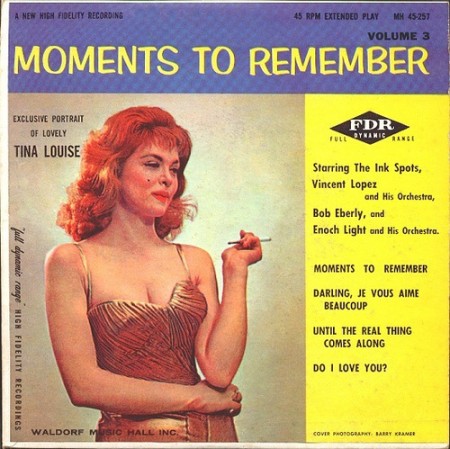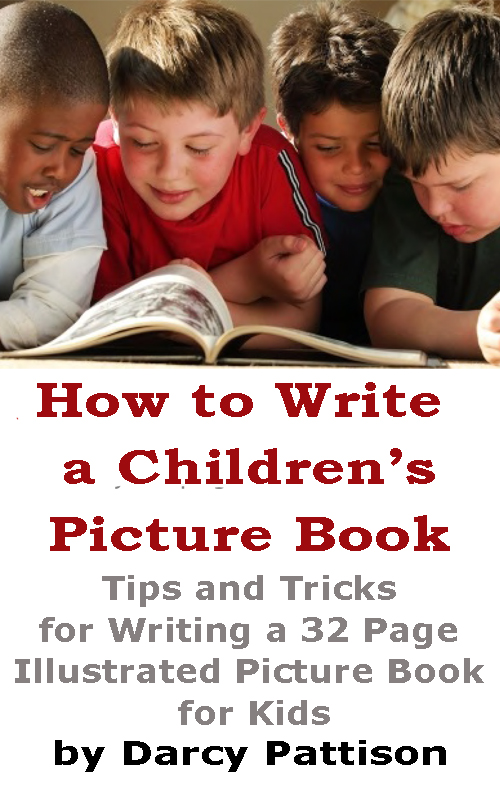Reread your story.
Does it surprise you at any point? Does it keep YOUR interest?
Recently I reread a story that I had not read for a while, long enough for me to start to be fuzzy on details. Here are some things that struck me.

Interesting details. Stories which leave behind generalities in favor of specific, telling details are winners.
“To see Mrs. Lopez’s smile was to understand the amazing abilities of a mouth: her mouth was as wide as a whale’s and everyone knew her business–and the silver in her molars.”
Emotions. Characterization is hard, especially making emotional connections throughout. You should never have to guess at what a character is feeling, because a story should Show-Don’t-Tell-Then-Tell it. Remember, you can’t TELL until you’ve first SHOWN. But then, you can add enough to make the situation or emotions specific.
“My heart went skippety-skip. A sideways glance: Marj’s freckles looked friendly enough, even if she wasn’t smiling. But she didn’t answer the question, didn’t say she was my mother.”
Scene cuts. The story has several strong scene cuts, leaving out the “boring bits” and jumping to a new setting, new character dynamic or something that at first seems to be a total nonsequitur, but spins the story in exciting new ways. Too often a scene dribbles along with weak conflict or poor dialogue. Too often the next scene is expected–and boring.
Escalating Conflict that Never Relents. Finally, the story keeps the conflict front and center, you never get relief. Which means the reader keeps turning the pages. “Conflict on every page,” preaches agent Donald Maass. He has me converted!
What are you noticing afresh in your reading these days?

The Stuff Between Scenes
Guest Post by Deborah Halverson

 Join us on Facebook for a discussion of scenes.
Join us on Facebook for a discussion of scenes.
As you give thought to what happens in your scenes, give thought, too, to what happens between them. There’s a trove of information and emotion lurking in the white space separating the last line of one scene and the first line of the next. You’re the master manipulator of your story—you should know exactly what’s happening in that space.
Magical Leap. Only in fiction can a kid transport magically from, say, a humiliating moment after school to the next morning when he must deal with the fall-out in the school halls. In real life, we don’t get to skip from scene to scene. We must live those in-between moments, going home and dealing with dinner and the family, doing the dishes and brushing our teeth, trying to sleep only to fail or perhaps achieving sleep only to nightmare—or maybe even sleeping soundly and feeling refreshed in the a.m., determined to take down the bully who served up that monster wedgie during the seventh grade talent show. As a writer, you wouldn’t show all that at-home minutiae to your readers because it would hobble your pacing and nuke the tight tension you’ve built up. But you should know what’s happened in that white space so that you can fully understand how one scene’s ending has simmered and stewed its way into the first line of the next scene.
Simmer. Consider that kid who suffered humiliation—he might interact badly with his family that night if he interacted at all, he’d scrub the dishes and forget to rinse, he’d fumble his dad’s favorite mug and get chewed out, he’d cut his gums with the floss and cry. He’d work himself into a real funk, or a real stink, or a downright rage as his day flowed from terrible to just too much to bear. When something rotten goes down in your life, your minutiae seems to gang up on you, doesn’t it? Don’t start a new scene with the assumption that a character’s emotion and state of mind are exactly where they were when you left him a day or even an hour ago. That’s not realistic and it undermines your scenes. Simmering happens. And that simmering takes place in the white space. By the time your character reaches the opening line of your next scene, he’s in an advanced state of emotion or has had time to hatch a plan, as flawed as it probably will be. Fully understanding how his mindset and emotion have festered during the scene jump allows you to fully exploit both of those things in the happenings of the new scene.
Mull. Mulling is an important part of writing, and that’s what this is—mulling the off-stage events that are part of your character even if you don’t share them with your reader directly. And you won’t. Just as you may know a character’s life story but won’t deliver it when you introduce him, you don’t deliver the stuff in between scenes even tho








